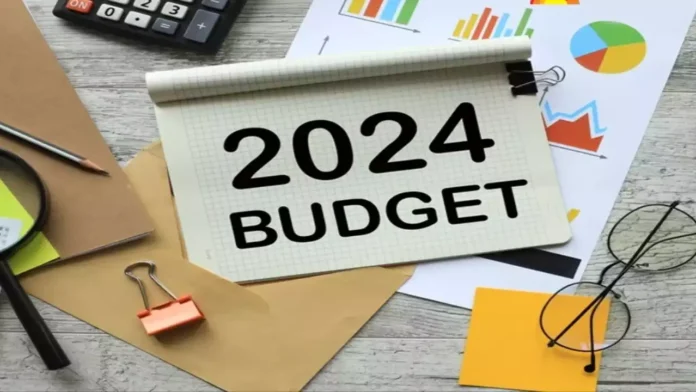Finance Minister Nirmala Sitharaman presented the Interim Budget in the Parliament on February 1, outlining key plans for India’s economic growth. While the budget touched upon various sectors, leaders from the food industry expressed mixed reactions to the proposals.
Reacting to the pre-election Budget, Rajat Agrawal, CEO of Barista, said, “Govt has played safe with this budget, not much has changed as expected. Industry was looking forward to some much-awaited announcements which have still been parked for later.”
Agrawal specifically highlighted the issue of Input Tax Credit (GST), calling it a long-awaited agenda for the Food and Beverage (F&B) segment. He emphasized the need for the Finance Ministry to address GST credit on capital spending to alleviate the increased cost of doing business and thin profit margins.
“The Finance ministry should have at least looked at GST credit on Capital spend if not operations to start with. Cost of doing business has gone up significantly and margins are thin on account of non-availability of input tax impacting the overall business performance and returns,” Agrawal stated.
He proposed measures such as “special performance-linked incentivisation for brands opening up the network in tier 1 & tier 2 cities” and “cheaper credit for activation of easy and subsidised credit for business.”
Nirmala Sitharaman, in her budget speech, committed to promoting private and public investments in post-harvest activities, including aggregation, modern storage, supply chains, processing, and branding. Abhishek Sinha, CEO of GoodDot, welcomed the focus on post-harvest activities and the Atma Nirbhar Oil Seeds Abhiyan, emphasizing their positive impact on manufacturing and agri-processing.
Continue Exploring: Finance Minister Nirmala Sitharaman prioritizes farmers’ welfare and rural demand in Interim Budget, highlights direct financial aid initiatives
Sinha also appreciated the government’s commitment to ‘Net Zero’ by 2070 and urged the promotion of plant-based proteins for their multi-dimensional benefits.
“On a long-term horizon, it’s good to see GoI’s commitment to meet ‘Net Zero’ by 2070 through viability gap funding for wind energy, roof solarization, adoption of e-buses for public transport network and strengthening the e-vehicle ecosystem manufacturing and charging infrastructure,” Sinha commented.
Prabhu Gandhikumar, Founder of TABP Beverages and Snacks Pvt. Ltd, also lauded the government’s focus on encouraging post-harvest food processing. He said, “Combining this with significant investment in road and rail infrastructure will act as a multiplier effect for companies in the food processing sector.”
However, concerns were raised by Firoz H Naqvi, Founder & Director at Federation of Sweets & Namkeen Manufacturers (FSNM), regarding the absence of specific measures for the food processing sector. According to a report by IMARC Group, the Indian sweets market is experiencing rapid growth and is projected to reach INR 25,970.8 Crore by 2032, with a Compound Annual Growth Rate (CAGR) of 16.67% from 2024 to 2032.
Amidst this swift expansion, the sweets and namkeen industry had high hopes for clarity on the Goods and Services Tax (GST) issue and relief through the reduction of regulations.
“The Indian sweets and namkeen industry, in particular, has been eagerly awaiting clarity on GST issues, which unfortunately remain unaddressed. It is crucial for the industry to receive the necessary attention and consideration, including a reduction in regulations and the creation of a conducive business environment,” Naqvi stated.
Finance Minister Nirmala Sitharaman, while presenting the budget, also highlighted the government’s distribution of 30 Cr loans to women entrepreneurs under the Pradhan Mantri MUDRA Yojana (PMMY) in the last 10 years. Nearly 70% of these loans were extended to women entrepreneurs.
“The empowerment of women through entrepreneurship, ease of living, and dignity for them has gained momentum in these ten years,” Sitharaman said in her speech.
Nidhi Singh, Co-Founder of Samosa Singh, commended the budget’s commitment to fostering economic growth, supporting initiatives like PM Mudra Yojana. Singh stated, “The 2024-2025 budget reflects a commitment to fostering economic growth by supporting initiatives like PM Mudra Yojana, emphasizing the importance of empowering women and MSME. A step towards inclusive prosperity and sustainable development.”
Continue Exploring: Interim budget 2024 falls short on immediate rural consumption revival, companies pin hopes on long-term impact through rural housing and post-harvest initiatives





